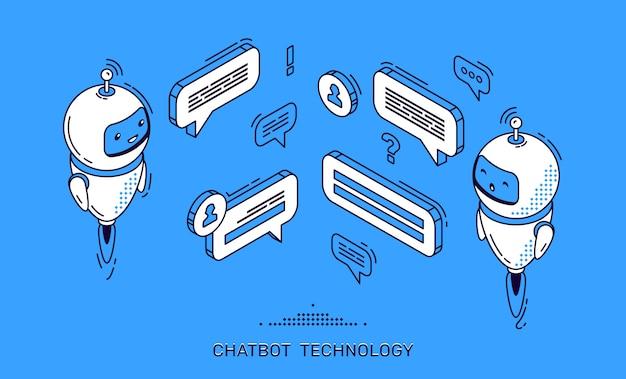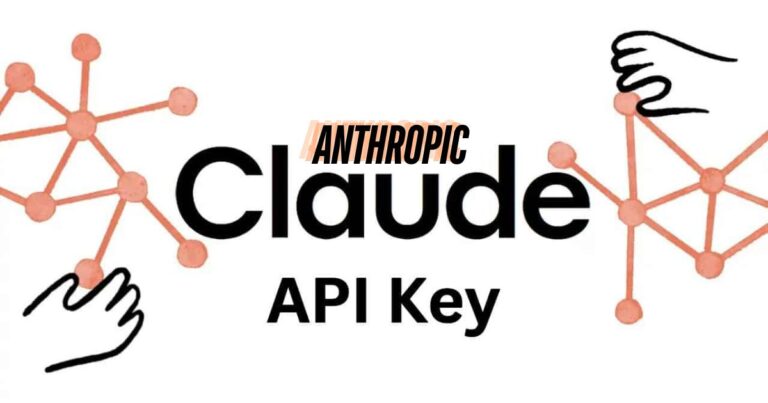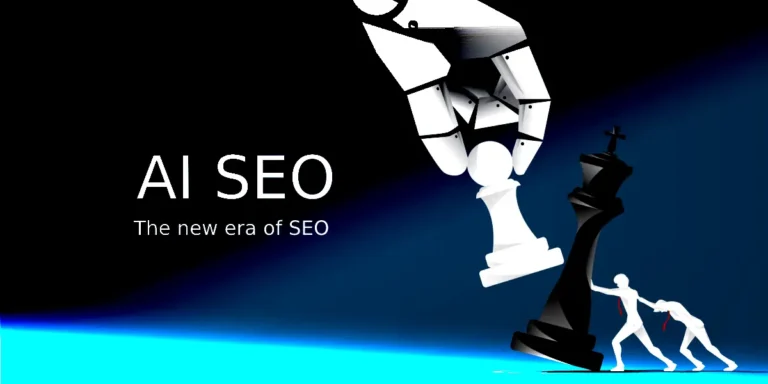The Rise of AI-Powered Poker Bots: Implications for Online Gambling
The world of online gambling has been revolutionized by the advent of artificial intelligence (AI) in recent years. Among the most significant developments in this field is the rise of AI-powered poker bots. These sophisticated programs are changing the landscape of online poker and have far-reaching implications for the broader gambling industry. Here we’ll explores the phenomenon of AI gambling bots, with a particular focus on poker, and examines their impact on casino AI strategies and the future of online gambling.
Understanding AI Gambling Bots

AI gambling bots, particularly in the context of poker, are computer programs designed to play games autonomously. These bots utilize advanced algorithms and machine learning techniques to analyze vast amounts of data, make decisions, and execute strategies in real-time. The best AI for gambling can process information far faster than human players and can maintain consistent performance without fatigue or emotional influence.
Key Features of Advanced Poker Bots:
- Pattern Recognition: Ability to identify and exploit patterns in opponent behavior.
- Probability Calculation: Rapid computation of odds and expected values.
- Strategy Adaptation: Dynamic adjustment of play style based on game conditions.
- Emotional Stability: Consistent decision-making unaffected by psychological factors.
The Evolution of Casino AI and Poker Bots
The development of AI for gambling has been a gradual process, with significant milestones along the way:
- Early Rule-Based Systems: Initial bots relied on pre-programmed rules and basic statistical models.
- Machine Learning Integration: Introduction of algorithms that could learn from vast databases of past games.
- Neural Network Advancements: Deployment of deep learning models capable of nuanced strategy formulation.
- Real-Time Adaptation: Current-gen bots that can adjust strategies mid-game based on opponent tendencies.
Today, the best AI for gambling, particularly in poker, can consistently outperform top human players in heads-up (one-on-one) games.
Implications for Online Gambling
The rise of AI-powered poker bots has significant implications for the online gambling industry:
1. Integrity Concerns
- Detection Challenges: Online casinos struggle to differentiate between human players and sophisticated bots.
- Fair Play Issues: The use of AI bots raises questions about the fairness of online poker games.
2. Economic Impact
- Profit Redistribution: Successful bots can accumulate winnings at a rate that disrupts the economic balance of online poker rooms.
- Player Exodus: Fear of competing against bots may drive human players away from online platforms.
3. Skill Development
- Training Tools: Some players use AI bots as training partners to improve their own skills.
- Strategy Evolution: The strategies developed by AI are influencing human play styles and game theory.
4. Regulatory Challenges
- Legal Gray Areas: Many jurisdictions have not yet addressed the legality of using AI in online gambling.
- Enforcement Difficulties: Regulating the use of AI gambling bots across international borders poses significant challenges.
Casino AI Countermeasures
Online casinos and poker rooms are not standing idle in the face of this challenge. They are developing their own AI systems to combat the threat of poker bots:
- Behavioral Analysis: Advanced AI systems monitor player behavior to detect patterns indicative of bot usage.
- CAPTCHA-like Tests: Implementing challenges that are easy for humans but difficult for bots to overcome.
- Biometric Verification: Using technologies like eye-tracking or input pattern analysis to ensure human play.
- Dynamic Game Modifications: Introducing subtle changes to game parameters to disrupt bot performance.
The Future of AI in Online Gambling
As AI technology continues to advance, we can expect several trends to shape the future of online gambling:
- AI vs. AI Games: Potential emergence of bot-only games or leagues.
- Enhanced Human-AI Collaboration: Development of approved AI assistants to aid human players.
- Blockchain Integration: Use of blockchain technology to ensure transparency and fair play.
- Regulatory Adaptation: Evolution of gambling laws to address AI and bot usage explicitly.
- Skill-Based Focus: Shift towards games that emphasize human creativity and adaptability to compete with AI.
Ethical Considerations
The rise of AI in gambling raises several ethical questions:
- Addiction Risks: Could AI make gambling more addictive by optimizing engagement?
- Job Displacement: Will AI bots replace human dealers and support staff?
- Data Privacy: How is player data used to train these AI systems?
- Wealth Concentration: Could AI bots lead to further concentration of wealth among tech-savvy players or bot creators?
Conclusion
The rise of AI-powered poker bots represents both a challenge and an opportunity for the online gambling industry. While these bots pose significant threats to the integrity of the game, they also drive innovation in security, game design, and player experience. As casino AI and AI gambling bots continue to evolve, the industry must navigate a complex landscape of technological, ethical, and regulatory challenges.
The future of online gambling will likely involve a delicate balance between leveraging AI to enhance the gaming experience and preserving the human elements that make gambling entertaining and social. As we move forward, collaboration between tech developers, casino operators, regulators, and players will be crucial in shaping a fair, entertaining, and sustainable online gambling ecosystem.






